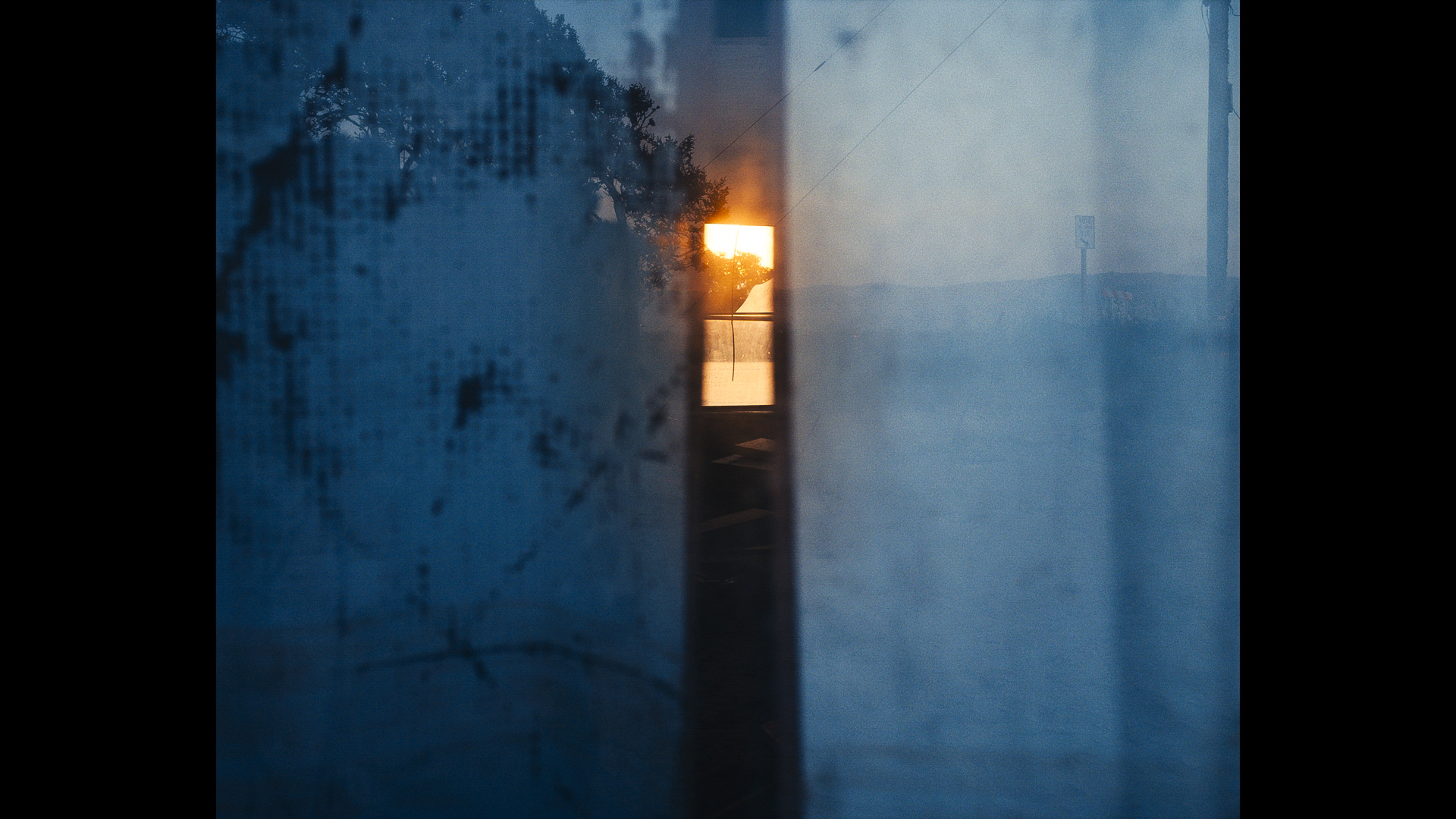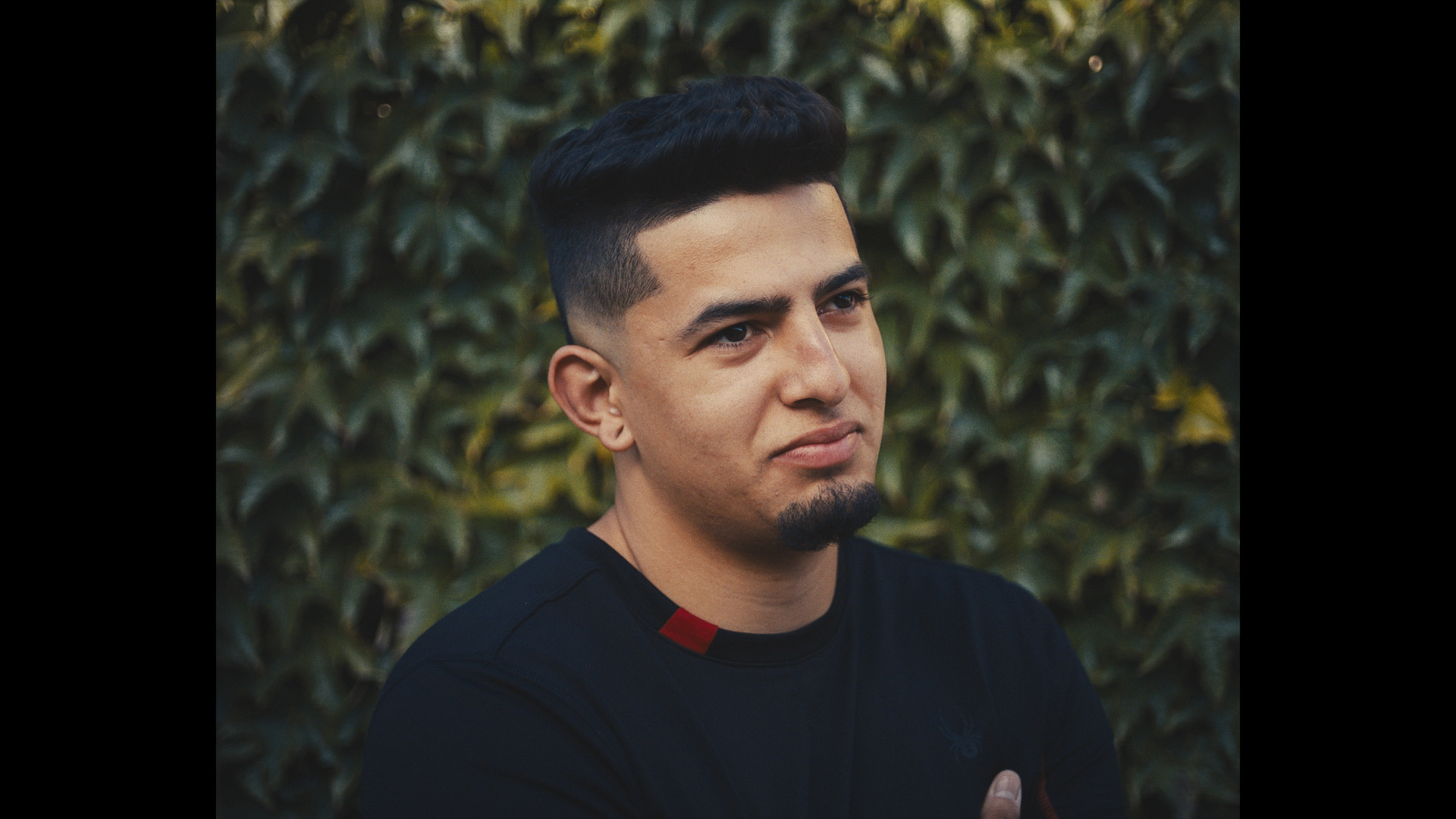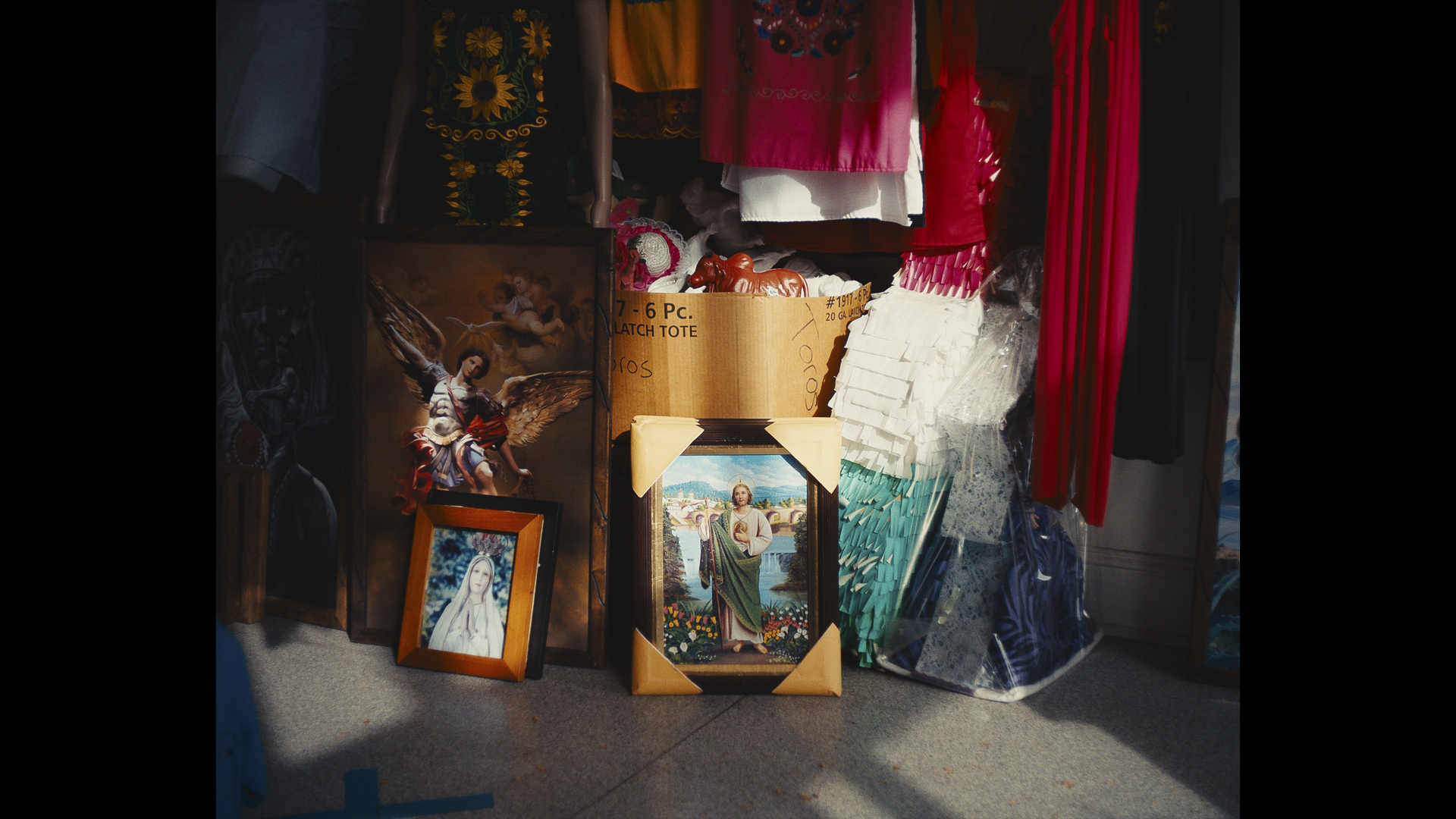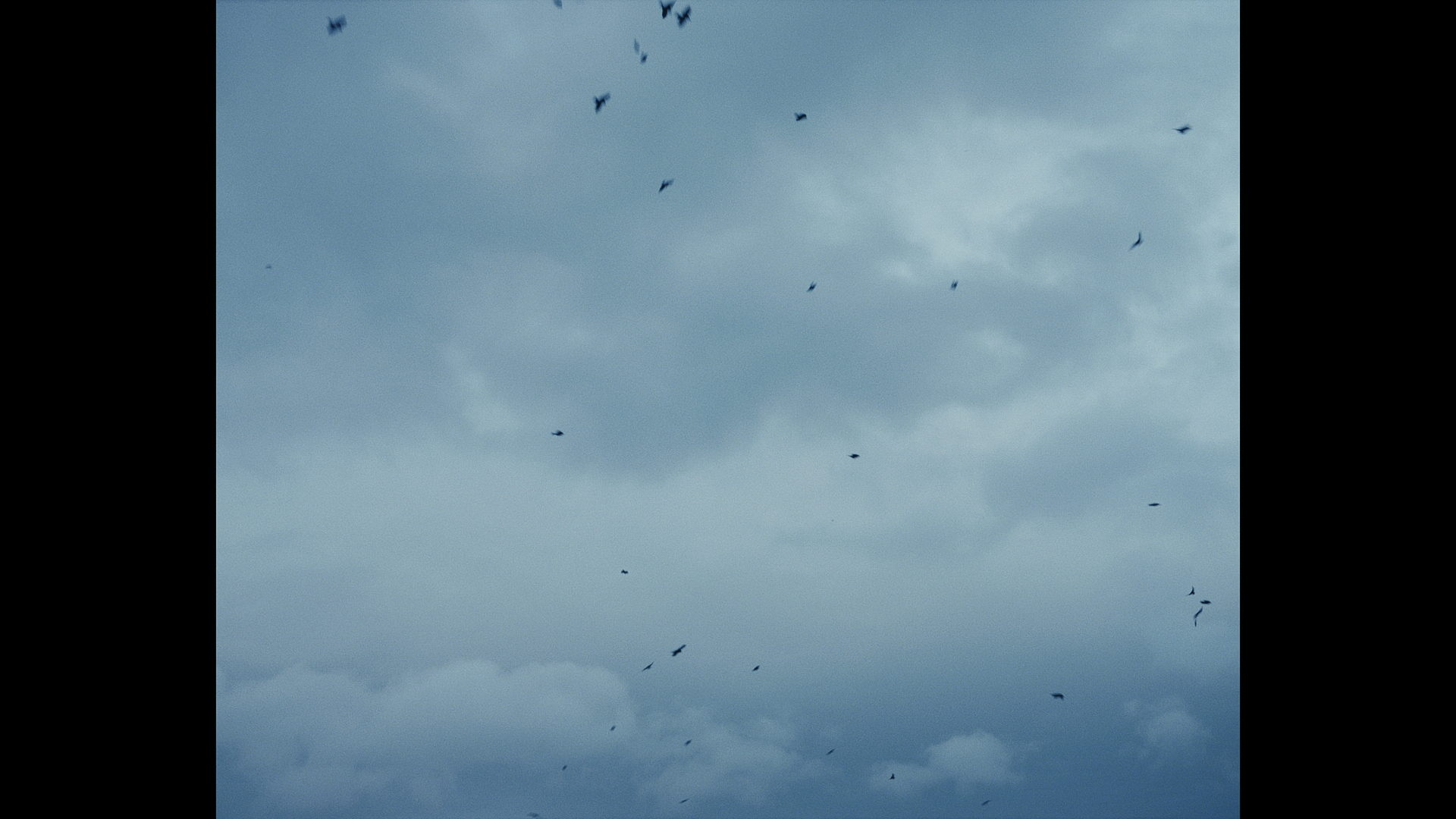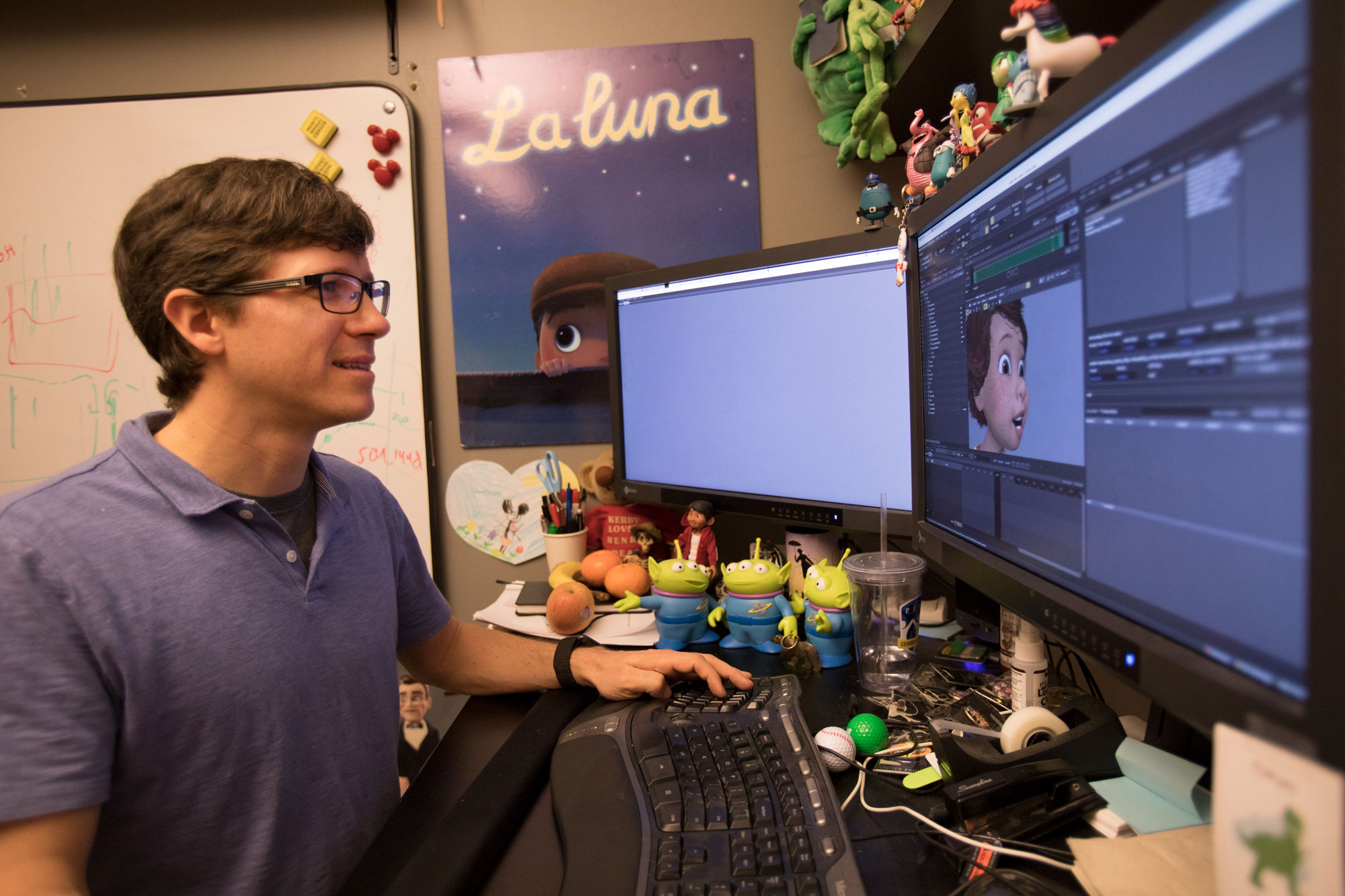Story Content
Sac State film professor’s documentary selected for Sundance Film Festival
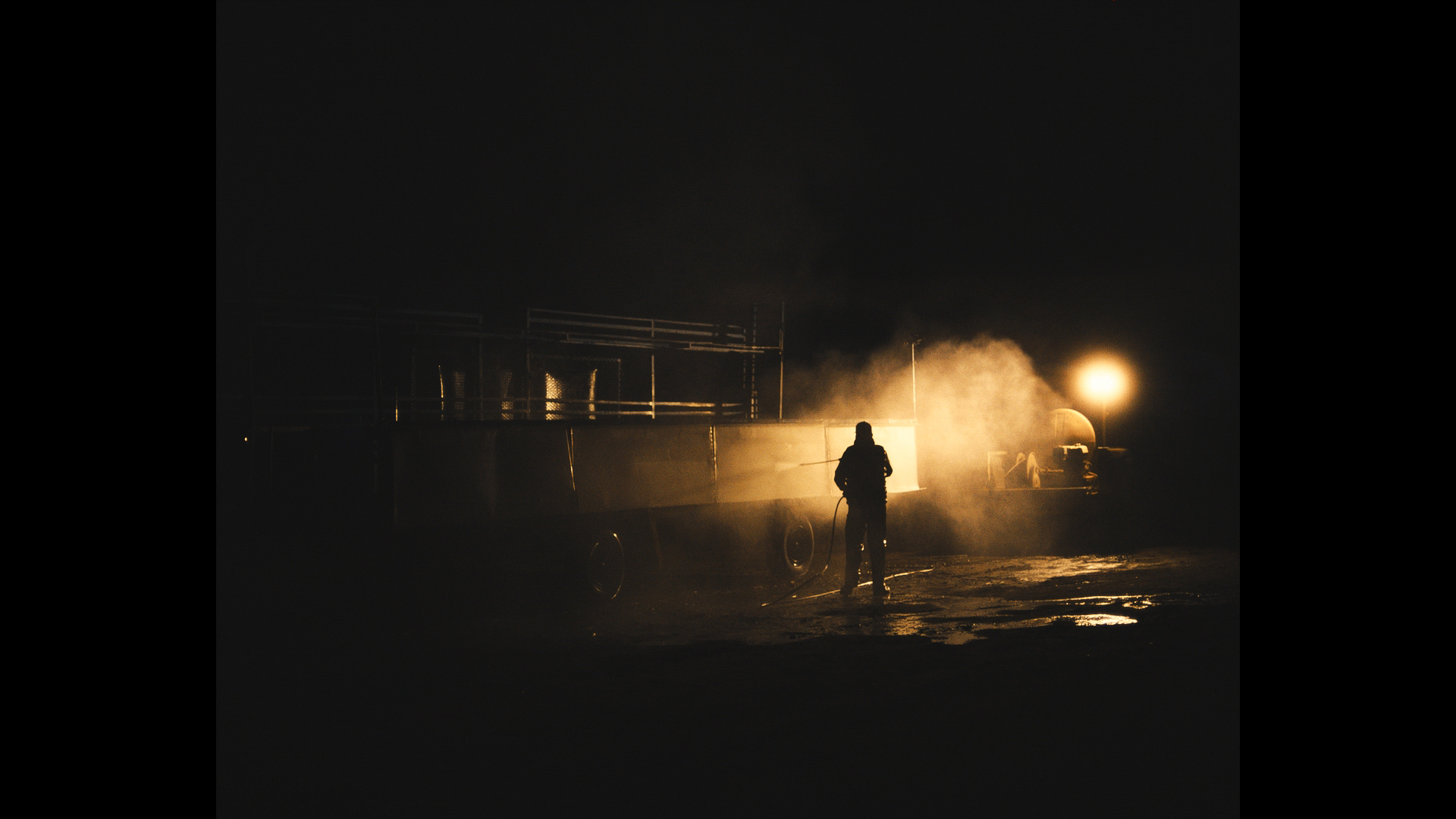
January 10, 2025
Rodrigo Ojeda-Beck teaches his students that you don’t need a budget worthy of a Marvel blockbuster to succeed in the film industry.
Having his compelling, yet stripped down, low-budget short documentary accepted to one of the industry’s most prestigious film festivals will certainly help him impart that lesson.
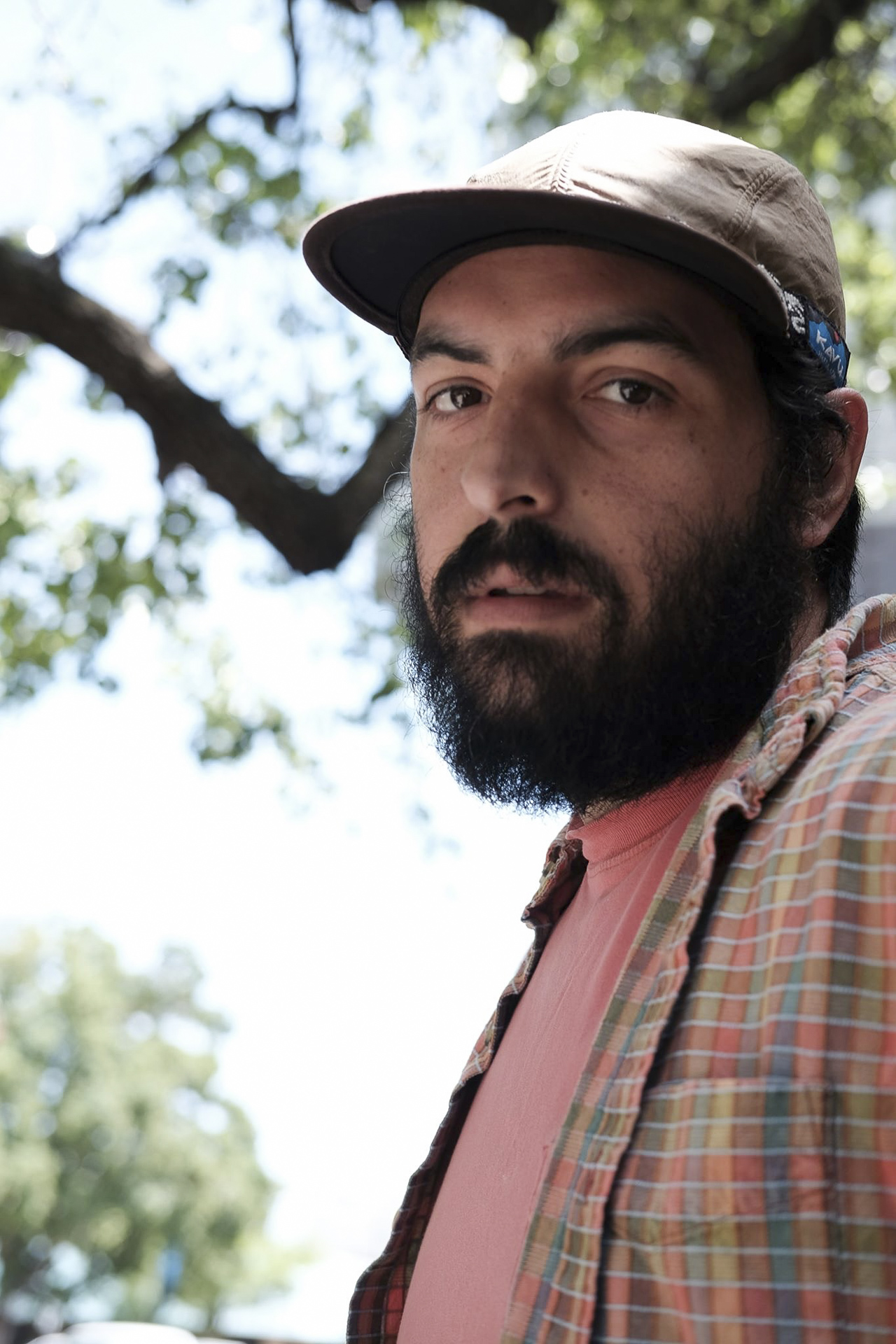
“I think about my students often,” said Ojeda-Beck, an assistant professor of Film at Sacramento State. “I always preach that you can accomplish a lot of what you set your mind to.
“You can make a really low-budget film, and it can play at some of the most important places in the country.”
“The Long Valley,” Ojeda-Beck’s 13-minute documentary about Salinas Valley, was one of just 50 independent short films selected from more than 11,000 submissions to be screened at the Sundance Film Festival, the largest of its kind in the U.S., later this month.
The film, made with his frequent collaborator Robert Machoian, is part of an ongoing series chronicling life in rural American communities. The pair shoot with minimal crew and little prep work, choosing instead to visit the location to capture footage and interviews before letting what they see and learn dictate the direction of the film.
“The Long Valley” explores themes of time, immigration and human connection to place. In addition to interviews, Ojeda-Beck and Machoian documented the sights and sounds of life in the valley, including farmers working in the field, a street sign blowing in the wind, a boy playing an accordion, and traffic, wind, lightning and thunder.
The camera doesn’t pan or zoom. There is no narration. And the film features no text other than Spanish-to-English subtitles. Viewers are fully immersed in the experience, an ethos summed up by an interviewee, an older man who says “The present is a gift from God.”
“When you listen to people and you’re reacting to things, rather than come in with preconceived notions, it’s always better than what you could come up with,” Ojeda-Beck said. “We want it to obviously be a film but feel more like a photo book or photograph.”
The name “The Long Valley” comes from a collection of short stories by John Steinbeck, who wrote frequently about the region. Before coming to Sac State last year, Ojeda-Beck taught at California State University, Monterey Bay, located near the Salinas Valley. Machoian grew up there.
Several of Ojeda-Beck’s former CSU Monterey Bay students assisted with the film, connecting his teaching with his professional work. He said he hopes to involve Sac State students in future projects.
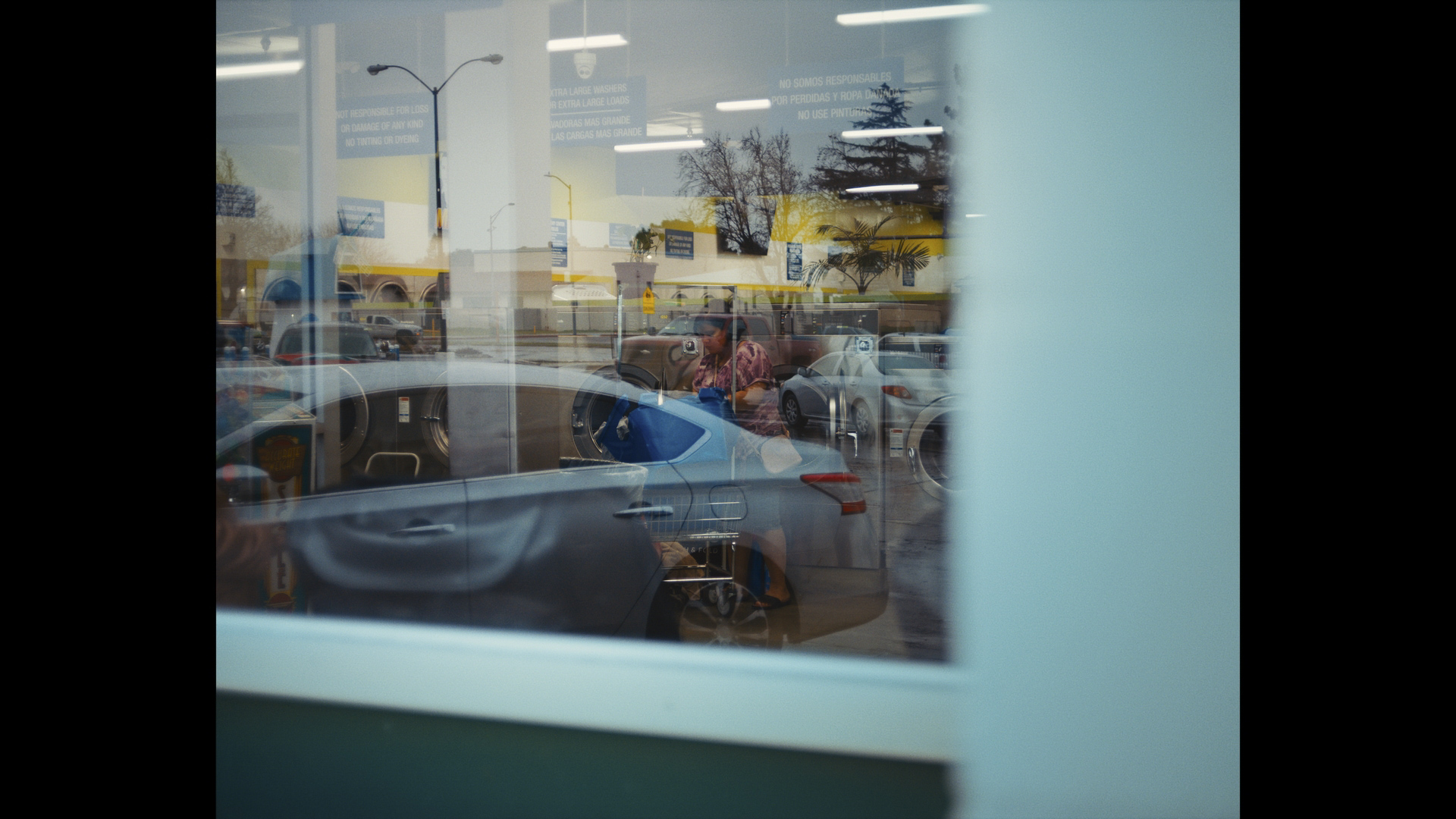
“There have been periods in my life where I just made movies, but by and large I’ve been teaching film for the past decade-plus, at this point,” he said. “There’s something for me that’s so rewarding about working with young people. It’s really invigorating.”
Even though he has had films play at Sundance before, Ojeda-Beck said being selected doesn’t lose its shock and excitement.
“You’re putting so much work into a film with the hope that anybody will take it, that it will play at a movie theater,” he said. “So then to get the nod from one of the biggest, most important (festivals) in the country, it’s just like, whoa, okay, this film I’ve been enjoying is connecting with people.
“That’s the biggest affirmation you can get as a filmmaker.”
Media Resources
Faculty/Staff Resources
Looking for a Faculty Expert?
Contact University Communications
(916) 217-8366
communications@csus.edu
